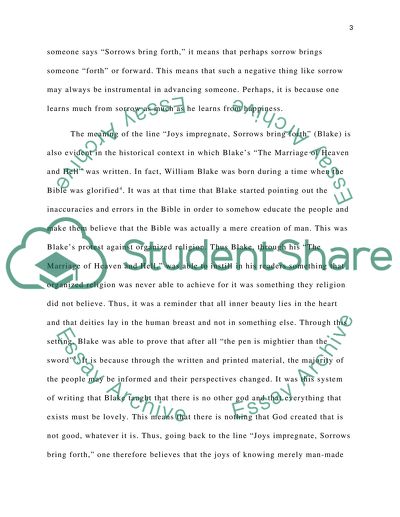Cite this document
(“William Blake, Romanticism Essay Example | Topics and Well Written Essays - 1500 words”, n.d.)
Retrieved from https://studentshare.org/english/1639431-william-blake-romanticism
Retrieved from https://studentshare.org/english/1639431-william-blake-romanticism
(William Blake, Romanticism Essay Example | Topics and Well Written Essays - 1500 Words)
https://studentshare.org/english/1639431-william-blake-romanticism.
https://studentshare.org/english/1639431-william-blake-romanticism.
“William Blake, Romanticism Essay Example | Topics and Well Written Essays - 1500 Words”, n.d. https://studentshare.org/english/1639431-william-blake-romanticism.


